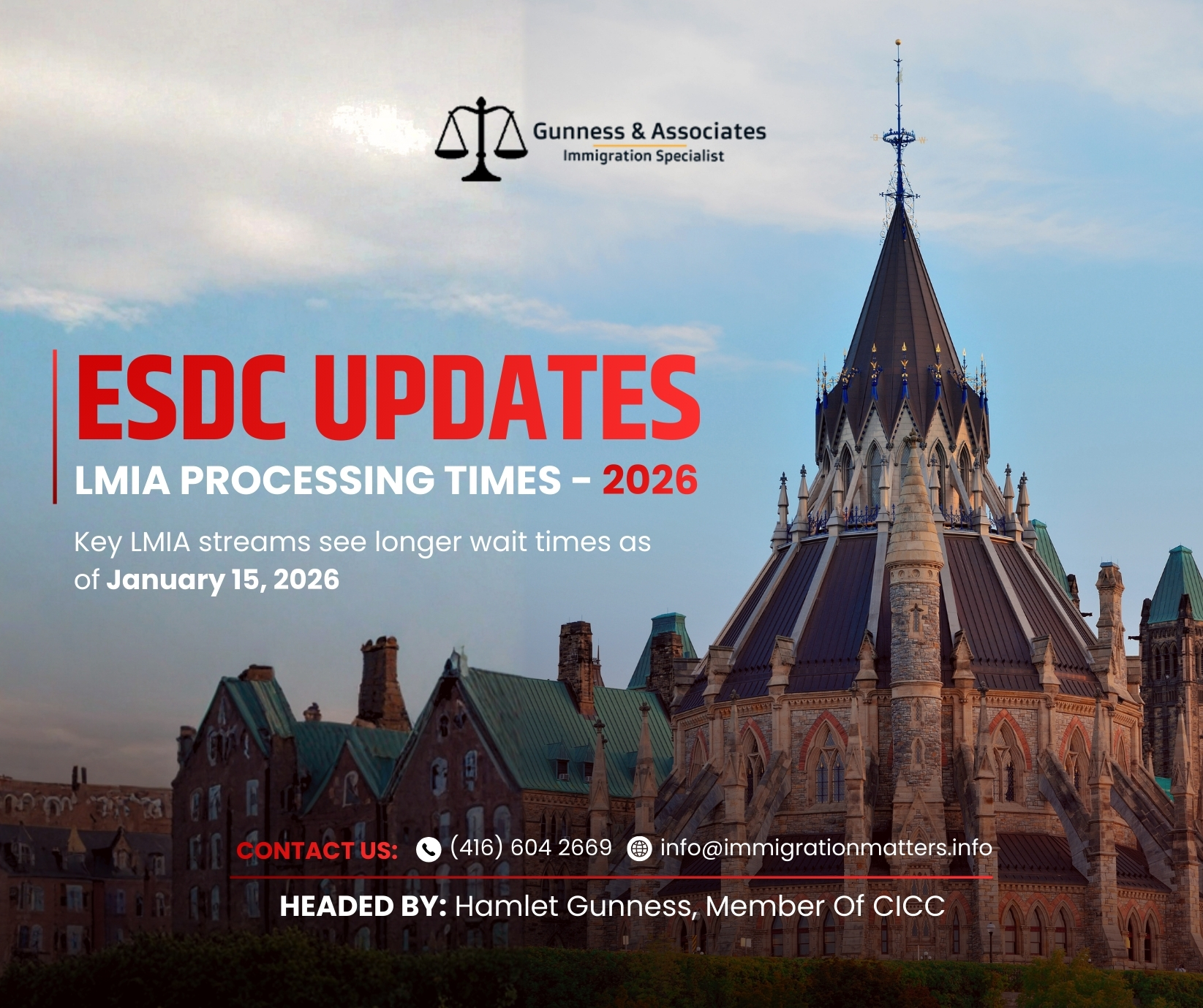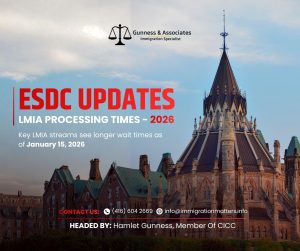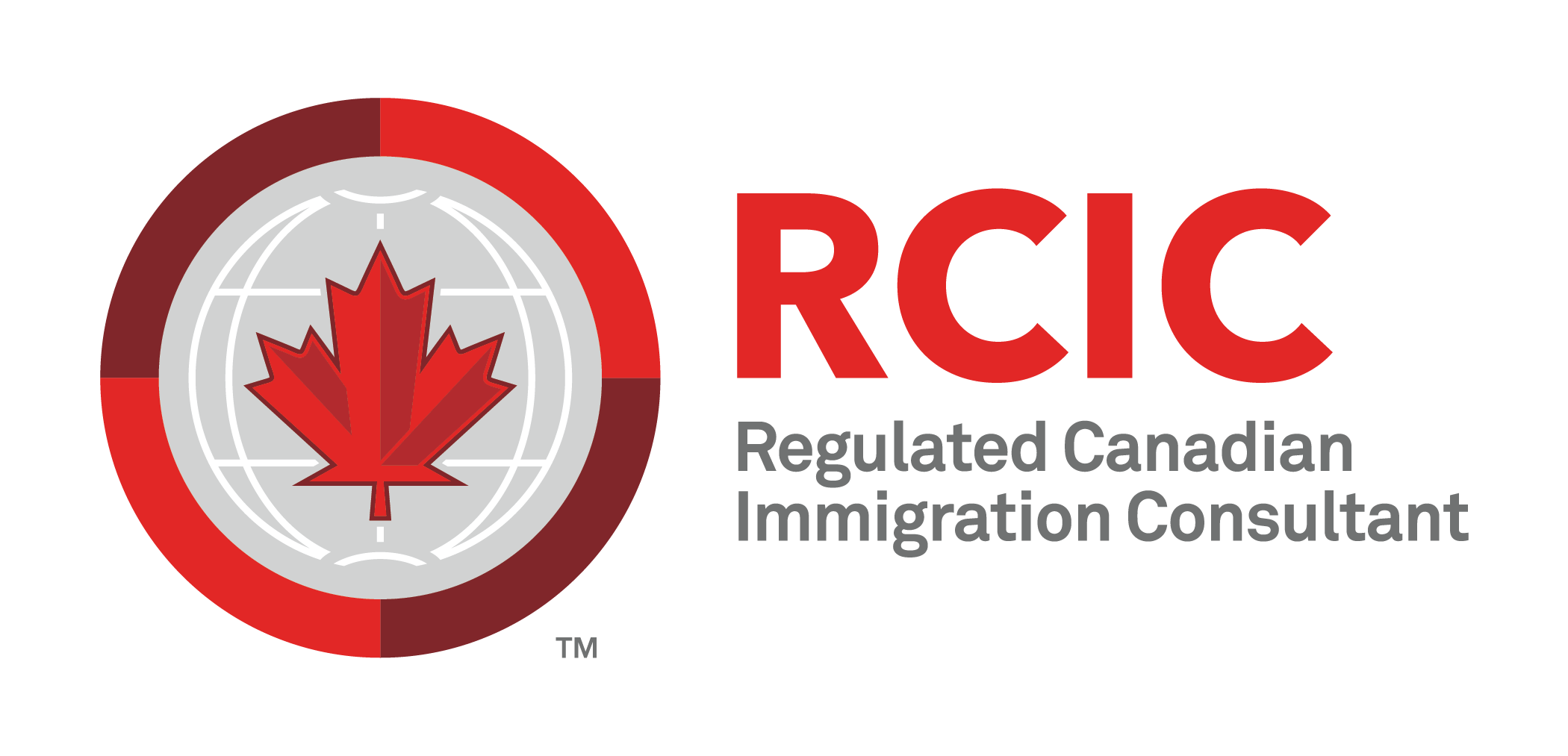IRCC is Committed to Attracting and Retaining International Students

IRCC is Committed to Attracting and Retaining International Students
The Canadian House of Commons Standing Committee on Citizenship and Immigration’s (CIMM) report outlines measures for the attraction, recruitment, and retention of international students in Canada. Immigration Refugees and Citizenship Canada (IRCC) recently released their official response to the report.
In order to address the unfavorable and precarious circumstances that international students encounter in Canada, CIMM previously issued IRCC a paper titled “Differential Treatment in Recruitment and Acceptance Rates of Foreign Students in Quebec and in the Rest of Canada.” The IRCC response addresses existing measures and makes fresh recommendations to lessen vulnerabilities, assisting foreign students with their application, academic program, and settling in Canada.
Regarding foreign students, the report focused on three primary goals:
- attracting foreign students to Canada to study;
- the International Student Program’s fairness; and
- enhancing communication and customer service for international students during the immigration and study permit processes.
The IRCC’s response highlighted steps that may be taken and are already in place to help with these three goals, covering each one separately in an effort to decrease vulnerabilities and support international students when they apply for study permits, enroll in courses, and settle in Canada.
Attracting International Students
The government has acknowledged that, between 2022 and 2023, there will be an estimated 753,000 international students with study permits, while also acknowledging the ICMM’s concern that, despite the increases, applications from some populations and countries are not given enough load by the department.
In return, IRCC agreed to:
- Examining the possibility of expanding the Student Direct Stream (SDS) to particular Francophone, Asian, and African nations. For applicants from 14 countries, the SDS is an expedited stream for obtaining a study permit;
- the Ministry of Immigration, Francisation and Integration (MIFI) and the Immigration and Refugee Council (IRCC) should create a working group to look into the rates of study permit refusal (generally, and for French-speaking African students in particular) headed for Quebec;
- maintaining and reconsidering the scope of the Nigeria Student Express (NSE) study permit stream, which was created to assist students applying from Nigeria; and
- Examine the best ways to encourage international students, especially those with the qualifications, experience, and language proficiency required for success in
Ensuring Equity in the Program for International Students
In their initial report to IRCC, the CIMM suggested a number of areas where potential actions to improve equity in the foreign student program and application processes may be taken. As a result, IRCC has promised to evaluate procedures and guarantee equity across the International Student Program (ISP) by
- continuing to ask about accessibility, ethnicity, and gender in the yearly voluntary client experience survey to find out more about the particular problems that clients face based on their demographics;
- Create a framework for disaggregated data and analytics (DDAF). Disaggregated data is data that has been filtered to better understand the specific connections it has based on characteristics; for instance, to better understand how a certain set of individuals is impacted by a certain policy or phenomenon;
- examining the patterns and factors that affect social well-being among immigration generations with a focus on racial diversity;
- Review the procedure for choosing international students, and judge students according to standards that are more in line with their prospective value; and
- strengthening communication and customer service
Improving Interactions with Overseas Students
Most CIMM recommendations emphasized the value of providing clients and stakeholders with accurate information, especially about processing times and grounds for rejection. The IRCC has addressed these concerns by:
- to increase processing efficiency and to make monthly backlog data available. Additionally, 1,250 additional processing workers will be employed by the end of 2022.
- The IRCC has committed to working with Designated Learning Institutions (DLIs) to collect information on the enrollment and status of international students. The DLIs instantly send the IRCC the data pieces.
- In order to promote transparency and understanding, the government expressed a desire to maintain initiatives like the 2022 pilot program, which required immigration officers to release their decision notes along with a select group of temporary residence visa (TRV) applicants early in the decision-making process.
To find out more details about the “IRCC commitment to attracting and retaining international students”, you can contact one of our immigration specialists at Gunness & Associates.
Tel: (416) 604-2669
Email: info@immigrationmatters.info
Gunness & Associates has helped thousands of people successfully immigrate to Canada with their families. Our skilled and experienced immigration experts have the expertise to accurately examine your case and advise you on the best method of proceeding to best serve your needs.
For honest and straightforward advice, contact the experts
Get a free Assessment
Join our newsletter and get up-to-date immigration news Click here
All rights reserved ©2022 Gunness & Associate







